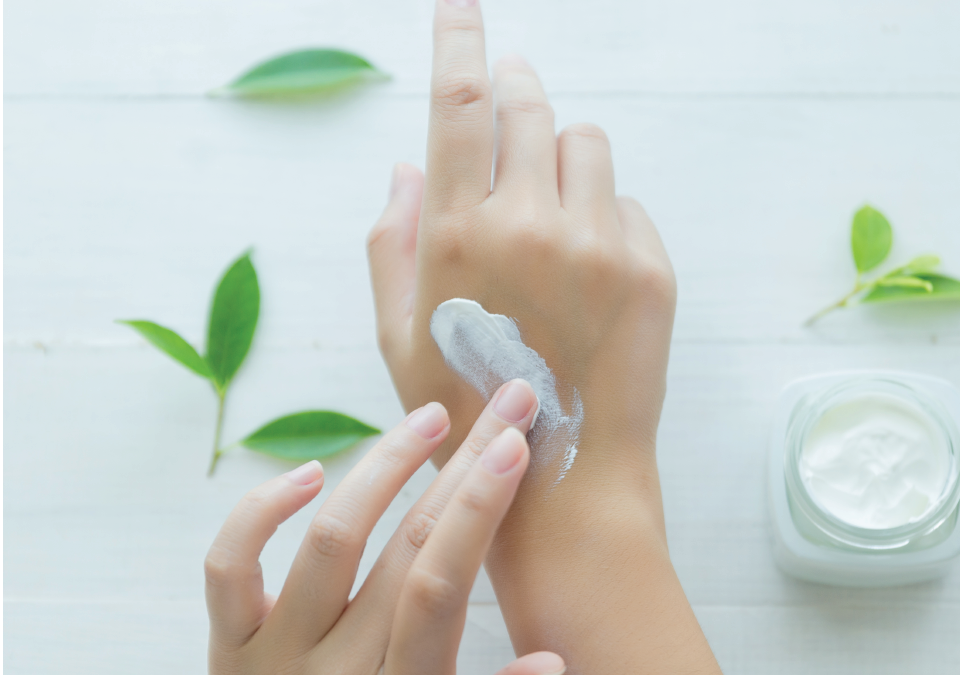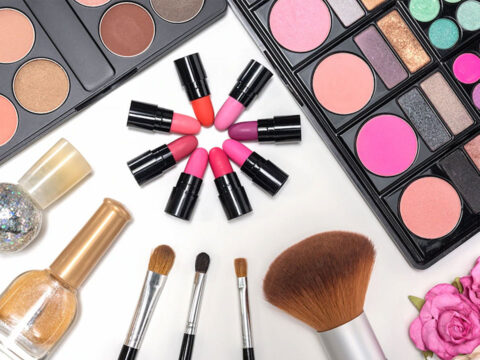
How Can You Slow The Progression Of Chronic Kidney Disease?
January 10, 2022
Signs, Symptoms, And Treatment Of High Blood Sugar (Hyperglycemia)
January 10, 2022Diabetes management also involves taking care of the skin. It is even called a priority as skin conditions are more prone in people with diabetes. With reduced sensitivity of nerves and poor blood circulation, it becomes harder to diagnose skin disorders, making it essential to take care of the skin and prevent these problems.
Why Should Diabetics Take Extra Care Of Their Skin?
High blood sugar levels can cause greater loss of fluids from the body and lead to dry skin on legs, feet, elbows and other parts. If this dry skin becomes cracked, it may end up causing infections in the skin and several other skin disorders. If you have diabetes, even minor skincare problems, if not treated in time, can lead to severe complications such as diabetic foot ulcers, amputations, etc. Therefore, taking care of the skin is extremely important in diabetes.
What Are The Skin Problems Associated With Diabetes?
Apart from dry and cracked skin, people with diabetes are also prone to getting bacterial infections such as styes, boils, folliculitis and carbuncles, and fungal infections, such as jock itch, athlete’s foot, ringworm and vaginal infection.
Other skin disorders common in people with diabetes are acanthosis nigricans, diabetic dermopathy, necrobiosis lipoidica diabeticorum, diabetic blisters, eruptive xanthomatosis, digital sclerosis and disseminated granuloma annulare.
10 Important Skin Care Practices For People With Diabetes

- Control Your Diabetes:
The best way to take care of your skin is by regulating blood sugar levels. When your diabetes is controlled, you are more likely to prevent skin disorders and infections. Therefore, eat a healthy diet, stay physically active, quit smoking, take your diabetes medication on time and manage your stress well.
- Check your Skin:
Check your skin closely every day. Watch for wounds, sores, infections, rashes, blisters, red spots etc. It is extremely important to take immediate actions to control skin problems.
- Wash Your Skin Regularly:
Wash your skin with a mild neutral soap every day and dry yourself properly to avoid infections. Do not forget to pat dry between your toes, under your arms and breasts or any other places where water can retain.
- Use Only Mild Shampoos and Soaps:
Avoid using fragrant body products such as deodorants and scented cleansers as they can irritate your skin and may damage it in the process.
- Avoid Dry Skin:
Always keep your skin moist and soft to avoid dry skin. You can use a moisturising lotion for the same. Also, use lukewarm water for bathing as hot water can make your skin dry.
- Allow Air to Pass Through Your Clothes:
Wear loose-fitting undergarments to allow air to pass through your skin. It will help prevent many skin problems.
- Take Care of Your Feet:
Always wear socks and comfortable shoes to take care of the skin of your feet. If you suffer from neuropathy, foot care becomes even more important.
- Make a First-Aid Kit:
Always keep a first aid kit ready for your skin-related problems. It can include an antibacterial ointment, some gauze pads, paper tape and a few prepackaged cleansing wipes.
- Lookout For Neuropathy:
Stay aware of the symptoms of neuropathy as it can cause nerve damage and delay the process of diagnosis of many skin diseases.
- Treat Dry Skin:
Dry skin is more prone to cracks and infections. Therefore, if you have persistent dry skin, consult a doctor or dermatologist to get the treatment for the same.
Takeaway:
If you have diabetes, you must take good care of your skin. Follow a healthy skincare routine and the above-mentioned practices to prevent skin disorders and improve your skin health.
References:
- https://www.diabetes.co.uk/diabetes-and-skin-care.html
- https://www.aad.org/public/diseases/a-z/diabetes-skin-care
- https://www.medicalnewstoday.com/articles/317360#prevention
- https://my.clevelandclinic.org/health/articles/12176-diabetes-skin-conditions
- https://www.diabetes.org/diabetes/complications/skin-complications
- https://www.webmd.com/diabetes/guide/diabetes-skin-care




